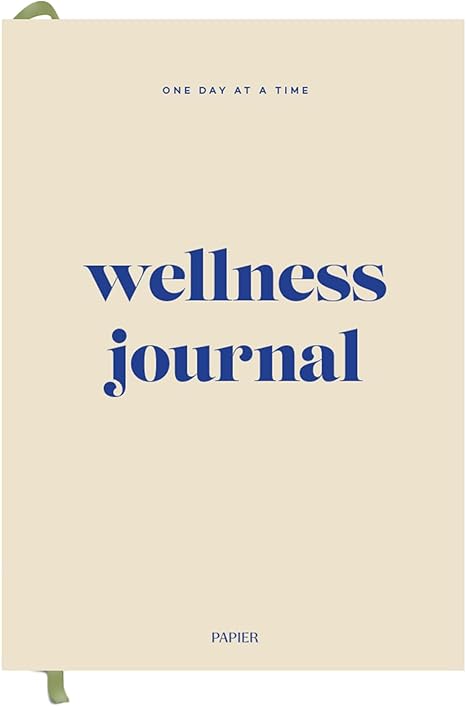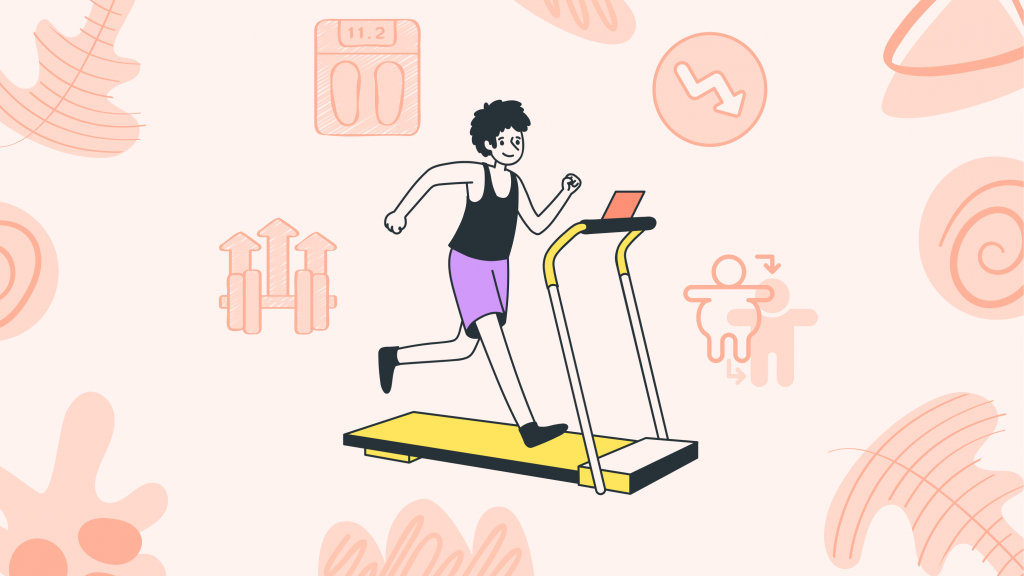“Everything feels out of control, like a wind blowing it all away; losing that command, that once ruled the way.”
How frustrating does it feel to be helpless and to have no control over your life?
It could be a health issue that has suddenly risen where you have no control over it, a financial situation that arises from the sudden layoff, or being in a toxic work environment where you feel you are being bullied.
Several situations can make you feel that you have no control over your life and are a slave to the environment around you.
Sometimes, your life might feel like a storm that leaves you overwhelmed and uncertain about your directions.
At that point, it becomes essential to take charge of your life and break free from this cycle of uncertainty to bring peace and confidence.
Let’s discover more about why taking control of your life is essential and how you can do that with some practical techniques.
Why is Taking Control of Your Life Essential?
When we talk about taking control of our lives, it becomes important to understand that taking charge of your life not only helps you empower yourself but also allows you to make decisions that align with your values and goals.
When you are unable to control your life, you may feel helpless or like someone else is holding the charge of your boat. At this point, you are just reacting instead of molding.
Studies show that individuals who actively manage their lives tend to experience higher levels of life satisfaction. For example, 1 in 4 people report feeling lost when they aren’t steering their own paths, leading to increased stress and anxiety.
Taking control of your life helps you boost your self-belief, which holds the power to influence your life.
👉 Pro Tip
Keep a daily journal to track your decisions and actions. Reflecting on these entries will help you see how much control you actually have, boosting your confidence and sense of direction.
According to some psychology research, individuals with a strong sense of self-agency are more resilient, exhibit better stress management, and are less prone to depression. So, every decision you make, no matter how small, contributes to building a sense of control that can positively affect your mental well-being.
What Makes You Feel Out of Control?
Are you wondering why sometimes you feel so helpless and what can actually help you take that control back?
The answer lies in understanding the factors that make you feel out of control. Knowing the causes is essential to developing the techniques to overcome them.
Some of the common causes include unexpected changes, overwhelming responsibilities, or a lack of direction.
Did You Know?
our brain is naturally wired to focus on negative events more than positive ones, which is known as the “negativity bias.” This can make you feel out of control even when things are mostly going well.
About 40% of adults report feeling they have little to no control over their daily lives, often due to external pressures and internal conflicts.
Identifying External Triggers
It is important to identify external triggers, such as work stress, relationships, health concerns, etc., that make you feel powerless. Identifying these triggers is the first step towards regaining your sense of control. You can start by identifying specific situations that trigger feelings of anxiety or helplessness, like a demanding job or difficult relationship. Recognizing these external causes will help you regain control of your life.
Recognizing Internal Barriers
Sometimes, your inner self can be a barrier. If you constantly have limiting beliefs, engage in negative self-talk, or have an unclear sense of purpose, you may lose control of your life. According to cognitive behavioral theory, the way you think about situations can significantly impact how you feel and behave. It is important to recognize when your inner self is trying to break your confidence and try to replace those thoughts with empowering ones.
The Psychology of Control
The human brain is capable of adapting to a new situation and is wired to seek control. The decision-making center of the brain, the prefrontal cortex, craves order and predictability, forcing your brain to take control.
Studies in neuroscience reveal that people who feel in control of their lives are more likely to engage in proactive behavior, promoting a healthier mindset.
The Illusion of Control
It is possible to control everything in life, but believing that you actually have control is more powerful. Psychologists refer to this as the “illusion of control,” which can be both beneficial and misleading. If you can embrace this illusion in a healthy way, focusing on the things you can change and letting go of the things you can’t, it will be a life changer for you. This mindset shift can help you focus on problem-solving skills rather than feeling helpless.
Control and Emotional Regulation
Your sense of control is ruled by your emotions. When you feel that you are lacking control, you may experience higher levels of stress and anxiety. On the other hand, when you are in control, you can enhance your emotional regulation, making it easier for you to tackle the challenges of life with grace and calmness.
🎭 Fun Fact |
That is why it is essential to control your emotions in order to control your life.
Practical Steps to Regain Control of Your Life
Now, you understand why taking charge of your life is essential and what is holding you back. Here are the actionable steps that can help you regain control of your life:
#1: Set Clear and Achievable Goals
You can start by setting small and achievable goals. These small steps will give you immediate wins, motivate you, and strengthen your sense of control. You can start with your daily tasks that come with larger goals. Once you complete these tasks, dopamine, the “feel-good” hormone, will be released, helping you boost your motivation and self-confidence.
#2: Establish Routines
Establishing routines will help you create a structure which is essential for gaining a sense of control. You can create a morning routine to energize yourself and a bedtime ritual to calm you. According to some research, consistent routines can reduce anxiety and improve overall mental health. When your life seems messy, making routines helps you stay grounded and focused. You can also use a daily planner to prepare your routines and daily tasks to achieve small milestones.
#3: Learn to Say No
Setting boundaries plays an important role when you are moving forward and taking charge of your life. If you constantly say “Yes” to others at the cost of your mental or physical health, it’s time to stop pleasing others and set your priorities. Learn to say “No” to the tasks or commitments that are exhausting for you, and you can spare time for the things that actually matter to you. This powerful behavior will help you regain your self-worth and control.
#4: Practice Mindfulness
Mindfulness is always the best way to set your mind in the right direction and be aware of your thoughts. It helps you stay in the present moment and understand your feelings and surroundings. Incorporating mindfulness practices into your daily routine can help you control your reaction to situations. Studies have shown that regular mindfulness can enhance emotional regulation, reduce anxiety, and increase overall satisfaction with life. You can also keep track of your mental health progress in a wellness journal.
#5: Seek Support When Needed
It is important to seek help if you find yourself completely helpless and have no other way to escape the situation. Getting help from a professional or talking to your friends and family can provide you with new perspectives and support.
Mindful Question |
Studies indicate that individuals who seek social support are more likely to regain control over stressful situations, emphasizing the importance of a strong support network.
Conclusion
When you are on a journey to regain control of your life, it is not something that you can fix in one go. There can be several incidents and situations where you might feel out of control in time and again.
It requires self-awareness, intentional actions, and a willingness to face the factors that make you feel powerless. You can overcome this by setting achievable goals, setting boundaries, establishing routines, practicing mindfulness, or sometimes seeking support can help.
Your path to taking charge of your life starts with one step at a time and understanding that you are fully capable of taking control.
“Slowly gaining control, passing through the wind, finding its way; a lonely soul conquered the world, fighting every day.”
Activity: Daily Control Booster
- Pick One Goal: Choose one small goal for today (e.g., drink 8 glasses of water, go for a 10-minute walk, organize your desk).
- Set a Time: Decide on a specific time to complete this goal. Write it down or set a reminder on your phone.
- Create a Positive Affirmation: Write a short affirmation to remind yourself of your ability to take charge, like “I have the power to shape my day.”
- Take Action: When the time comes, take action and complete your goal.
- Reflect: At the end of the day, take a minute to reflect. How did achieving this small goal make you feel? Write down one positive change you noticed.























